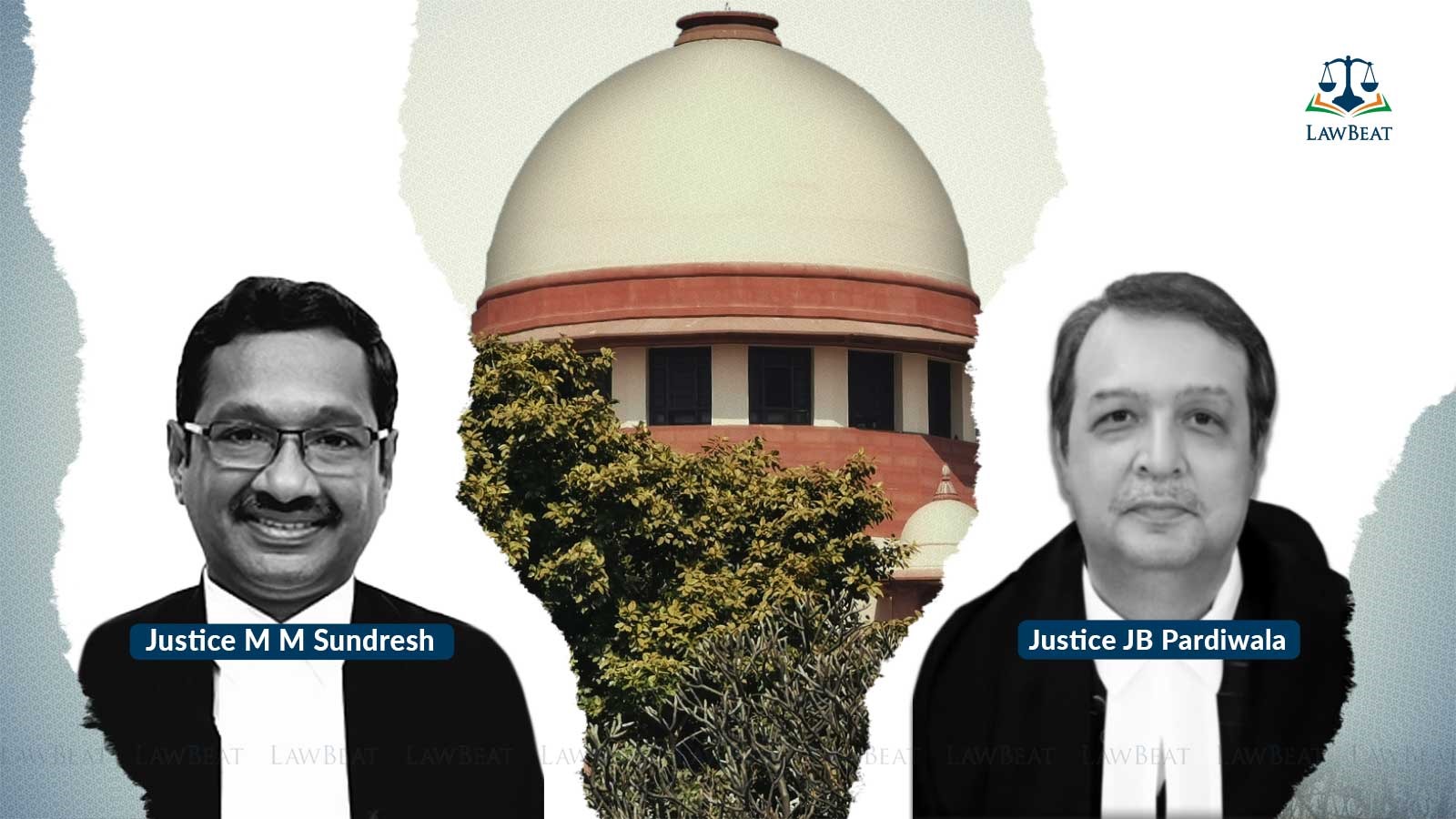Courts not to get carried away by education, reputation of witness when conduct creates serious doubt: SC

The top court said that courts are not expected to get carried away by the mere background of a person especially while acting as an appellate forum, when his conduct, being a relevant fact, creates serious doubt
The Supreme Court has said that a court of law cannot declare the reputation of a person based upon its own opinion merely because a person is educated and said to be God-fearing since that by itself will not create a positive reputation.
A bench of Justices M M Sundresh and J B Pardiwala explained that character and reputation do have an element of interconnectivity and reputation is predicated on the general traits of character.
"In other words, character may be subsumed into reputation. Courts are not expected to get carried away by the mere background of a person especially while acting as an appellate forum, when his conduct, being a relevant fact, creates serious doubt. In other words, the conduct of a witness under Section 8 of the Evidence Act, is a relevant fact to decide, determine and prove the reputation of a witness. When the conduct indicates that it is unnatural.from the perspective of normal human behaviour, the so-called reputation takes a back seat," the bench said.
The court set aside a judgment of the Himachal Pradesh High Court which reversed the trial court's order and convicted one Harvinder Singh alias Bachhu of murder of a woman.
It pointed out that the high court had "misconstrued" the concept of reputation and blindly believed his evidence in reversing the acquittal of the accused by the trial court.
The bench said that reputation is indeed a fact as defined under Section 3 of the Indian Evidence Act, 1872. Facts can broadly be divided into external and internal facts. External facts are those that can be perceived by the five senses while internal facts arise through thoughts and feelings such as love, anger, fear, hatred and intention etc.
"A reputation has to be seen from the point of view of an identifiable group while character is what a person really is. Character is to be formed while reputation is to be acquired. Character may lead to formation of one’s reputation but both are distinct and different. Reputation thus forms part of internal facts and therefore it is required to be proved in the form of opinion of persons who form it accordingly. When reputation is to be taken as a relevant fact, its evidentiary value becomes restrictive and limited. It is indeed a weak piece of evidence when becomes relatable to a fact in issue," the bench said.
Coming back to the case, the bench said that apart from the non-availability of the fingerprint report, the non-examination of the witnesses, as noted by the trial court, would go to the root of the very case of the prosecution.
"It is nobody’s case that the witnesses were not available," the bench said regarding the present matter.
The court said that the appellant was entitled to the benefit of doubt as the prosecution had not proved its case beyond reasonable doubt.
In the case, both the accused, the appellant, and another one (since deceased) remained absconding and were curiously arrested on the same day and at the same time – on January 16, 2006, after they were declared as proclaimed offenders on September 10, 2003. Recovery of the stolen articles was made, inclusive of gold jewels, from the custody of a lady from Tibet, with whom they were allegedly pledged, though the prosecution was not very clear as to whether they were sold or pledged.
It was alleged that the accused broke open the house of the deceased and her husband, due to previous enmity and when she made her entry into the house, she was raped and murdered. The murder took place as she was resisting rape and tried to attack the accused with a sword, recovered from the place of occurrence, which was actually used by them.
Case Title: Harvinder Singh @ Bachhu Vs State of Himachal Pradesh
